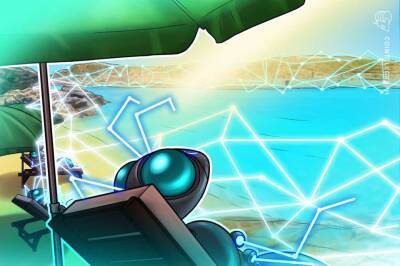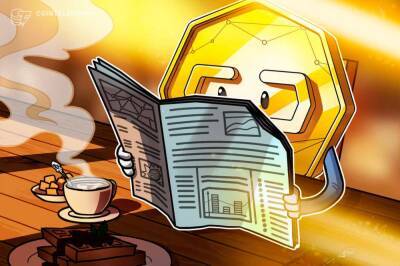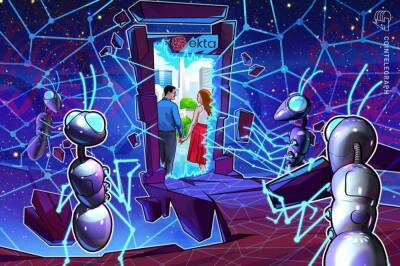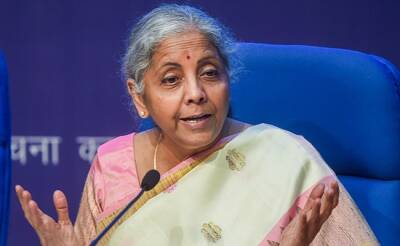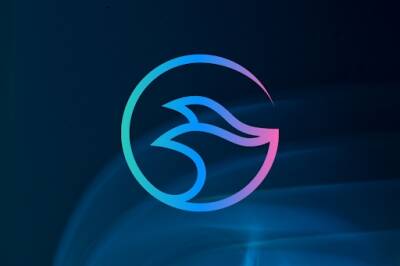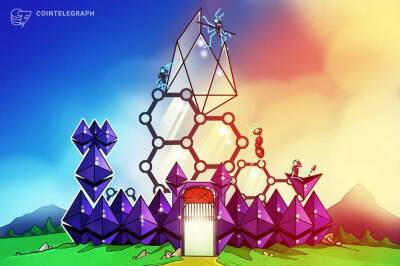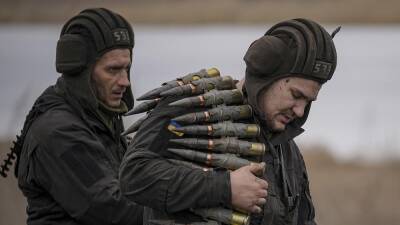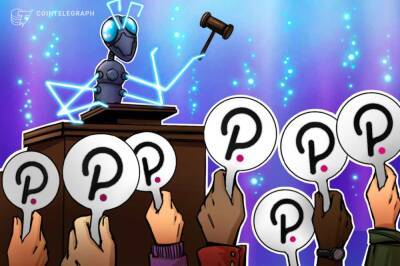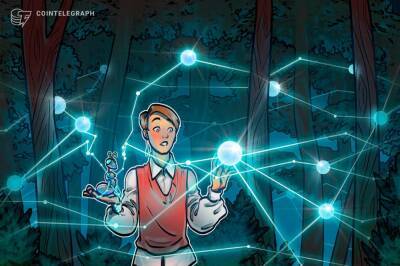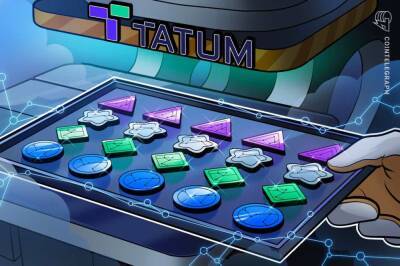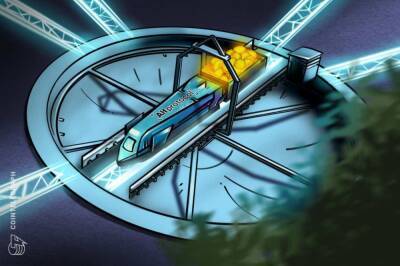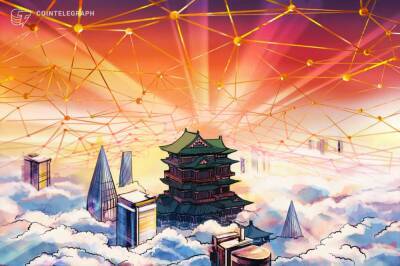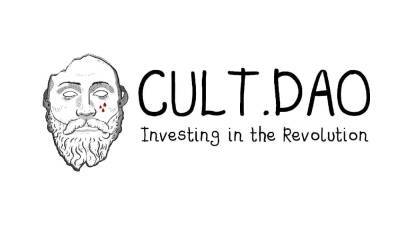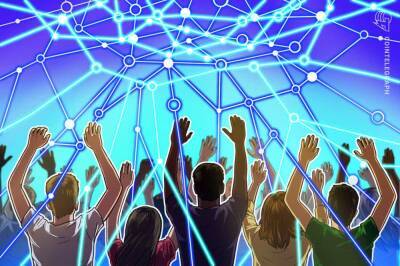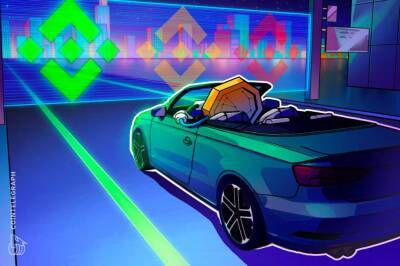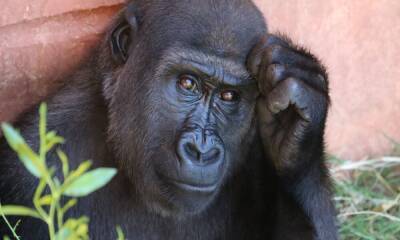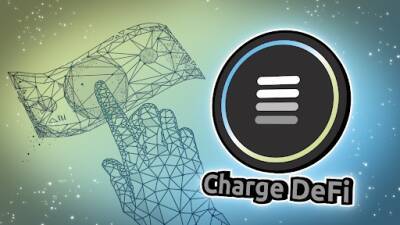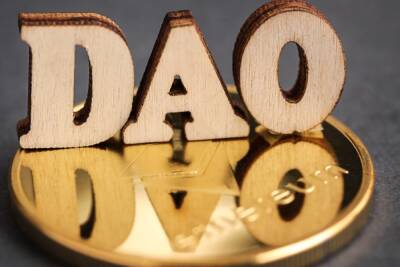DAOs are meant to be completely autonomous and decentralized, but are they?
While the organizational structure of a decentralized autonomous organization (DAO) is fundamentally meant to be “decentralized,” some of the biggest DAO protocols including Uniswap are not. A lot of the day-to-day activities within DAOs still involve a few core members of the organizations to make major decisions. This raises the question as to whether DAOs are completely decentralized. And, if not, is complete decentralization even possible?
More broadly, DAOs can be compared to how democratic nations are run. While the ideology is to have decisions for the country made by the people, it’s mainly governed by a few powerful individuals who hold most of the license to determine laws and control decisions. Also similar to large organizations, shareholders are allowed to vote but the key policies are determined by the board of directors.
DAOs differ in that they possess qualities that are more appealing than traditional organizations. For example, if anyone has an idea within a traditional organization, the idea has to go through a manager first before it reaches the higher levels. In a DAO, everyone can act on the proposal due to the flat structure and no hierarchy.
Bringing together community members, they vote on proposals designed to aid future operations of a protocol which are then executed in smart contracts once the proposals have been agreed upon. Under this community collaboration, it’s in the best interests of everyone within a DAO to agree on proposals that favor the protocol due to the incentives. A protocol that attracts more users pushes up the token’s value, which is what token holders want.
Related: DAOs are the foundation of Web3, the creator economy and the future of work
Despite the appearance of being
Read more on cointelegraph.com


